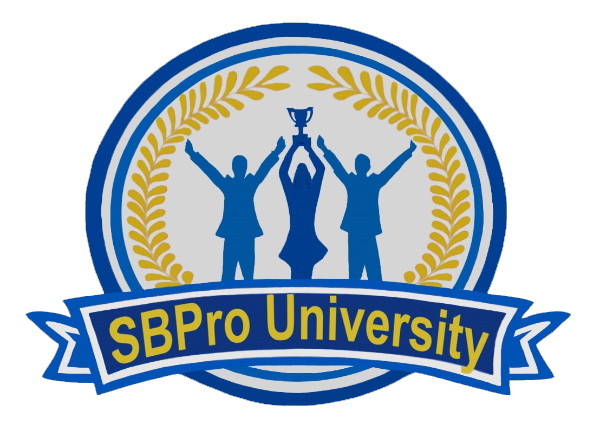The Art of Leadership and Coaching
I'm thrilled to share the rich insights and valuable lessons and a deep dive into the realms of coaching and leadership with my esteemed guest, Stan Gibson.
Transitioning from Managing to Coaching
One of the main themes we explored was the critical transition from managing to coaching. As business owners and entrepreneurs, it's essential to evolve our approach to leadership. The traditional management style often involves directing and overseeing every aspect of the business. However, to truly elevate our organizations, we must shift towards coaching—a role that empowers employees and fosters a culture of leadership at every level.
Stan Gibson, with his extensive experience in both sports and business, shared a powerful saying that resonates deeply with me: "When leaders learn to coach, employees learn to lead." This encapsulates the transformative effect coaching can have on an organization, unlocking the potential of each team member and encouraging them to take initiative.
The Pillars of Authentic Leadership
During our conversation, Stan emphasized the importance of authenticity in leadership. Being genuine and transparent builds trust and rapport with your team. It's about understanding your strengths and finding your "swim lane"—the area where you can truly excel and lead by example.
I added to this by discussing the evolution from being a manager to becoming an executive. This journey is marked by the development of coaching skills, which are particularly crucial when you're managing other managers. It's about moving beyond micromanagement and trusting your team to take the reins, guided by your strategic vision.
Building Relationships and Fostering Growth
We also touched on the significance of relationships and people skills in business growth. Consistency in culture and effective communication are the backbones of any successful organization. As leaders, we must focus on developing employability and nurturing a culture that prioritizes care and development.
Stan and I delved into the challenges of managing real estate and the complexities of leading teams. The key takeaway here is the role of self-awareness and the impact of trust in creating a cohesive team culture.
The Strategic Importance of Metrics
Another critical aspect we discussed was the measurement of key performance indicators (KPIs). Defining and implementing the right metrics can be challenging, but it's essential for monitoring and driving business growth. We talked about the need for fluidity in metrics and the importance of working on the business, not just in it.
Straight-Line Leadership and Compensation Alignment
Stan highlighted the need for a straight-line approach in leadership, with actionable strategies and a limited set of key metrics. Aligning compensation systems with these metrics is a powerful way to drive performance and engagement within the team.
Communication and Regular Engagement
The value of regular meetings and consistent communication cannot be overstated. Engaging with direct reports and team members at various levels ensures that everyone is aligned with the organization's goals and feels supported in their roles.
Personal Well-Being and Energy Management
Lastly, we touched on the significance of personal well-being for leaders. Self-care is crucial, as it directly affects one's ability to manage and lead effectively. Managing your energy allows you to be present and impactful in your leadership role.
Closing Thoughts
I want to reiterate the importance of authenticity and consistency for leaders. It's vital to lead by example and continuously seek knowledge and advice from experienced individuals.
The recording of my entire Livestream with Stanley Gibson on the Small Business Pro University YouTube Channel…


